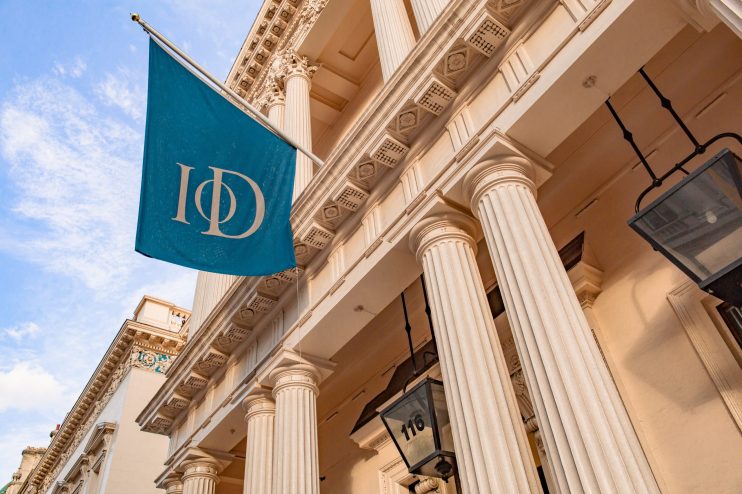Business leaders call on government to lay out trade talks position

UK business leaders have called on the government to lay out its objectives for trade talks with the European Union, saying they can only make investment decisions once they have a clear sense of Number 10’s position.
The intervention by the Institute of Directors (IoD), which represents British company bosses, came after chancellor Sajid Javid said at the weekend that the UK will diverge from European Union rules on goods trade after Brexit.
Javid’s comments to the Financial Times prompted a backlash from various business bodies, however, as diverging from the EU’s rules will result in worse access to its markets. The Society of Motor Manufacturers and Traders (SMMT) warned that any disruption to the car industry’s complex cross-border relationships could cost “billions”.
The IoD today became the latest group to express concern, saying that businesses need more clarity over the approach the UK government is going to take to negotiations.
The organisation also released the most recent poll of its members, which showed that 55 per cent said they can only make planning and investment decisions with certainty once they understood what the UK’s future relationship with the EU will look like.
Allie Renison, head of Europe and trade policy at the IoD, said the withdrawal agreement reached between the two sides in October only “provides clarity for the next 12 months and no further”.
She said this is not enough for firms to make long-term decisions. “To put in place their investments, many of our members need to work from a clearer framework on our post-Brexit relationship with the EU,” she said.
Renison added that businesses need an “indication of the balance between alignment and divergence, which is essential for firms to do any kind of advance planning”.
A Number 10 spokesperson said yesterday that the UK’s position “will be set out in the coming weeks”. They added that the UK will be “free from 1 February to begin talking to countries around the world, not just the EU”.
Yet the IoD’s members overwhelmingly said that trade negotiations with the EU are more important than talks with other countries.
The City reacted more positively than other sectors to Javid’s comments, in which he said that post-Brexit financial services trade with the EU should be on the basis of “outcome-based” equivalence of rules.
This approach would give Britain some leeway in making its own financial services rules, rather than simply incorporating EU rules wholesale.
Catherine McGuiness, policy chair at the City of London Corporation said such a system “would be a step in the right direction”.
(Image credit: IoD)